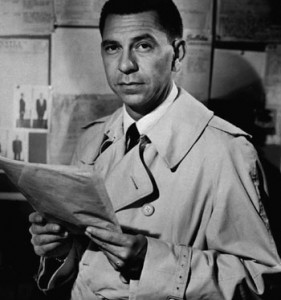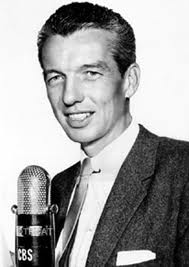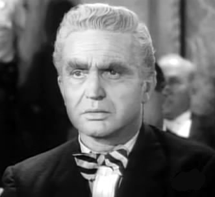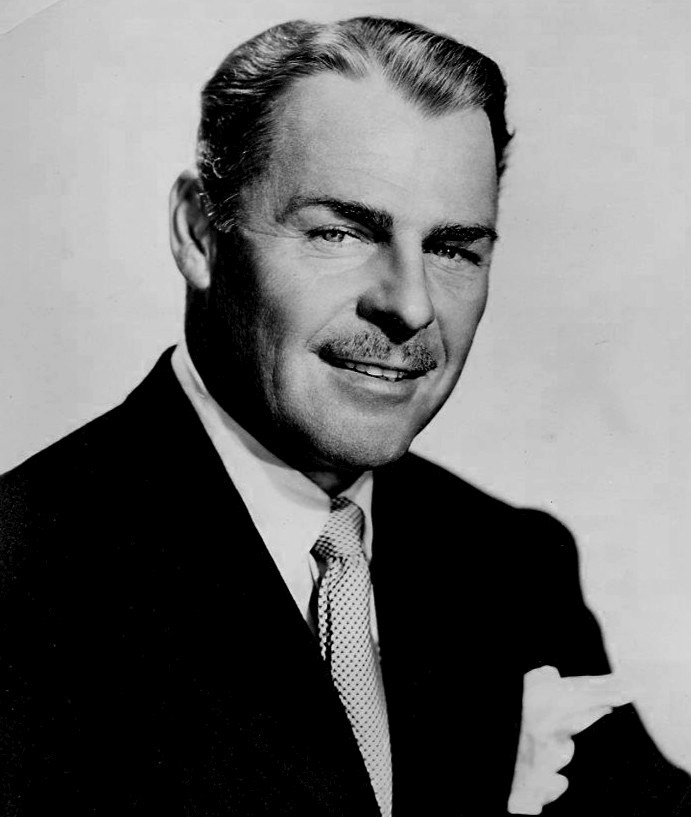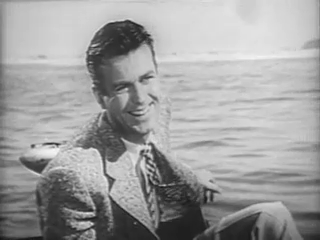Previous Films: That Mothers Might Live and Of Pups and Puzzles
Main Street on the March (1942)
From 1936-1956, there were actually two categories for live-action short films, one-reel films (up to eleven minutes long) and two-reel films (up to 22 minutes long.) The only year which saw Nesbitt win an Oscar for the two-reel category was 1942. It actually won the same year that Pups and Puzzles won in the one-reel category.
Some Americans might imagine that the country moved immediately from a footing of self-satisfied isolationism to the country being all-in for World War II. The reality was more complicated than that. Main Street on the March shows America undergoing a subtle evolution, with the events of Pearl Harbor being the end rather than the beginning. It starts on a typical American Main Street in May 1940, where Americans tended to believe the year-old War was a “phony war.” However, Germany’s May 10, 1940 invasion of Belgium, Luxembourg, and Holland began to awaken Americans to the importance of strengthening America’s national defense.
The film is of great historical significance, as Nesbitt’s narration is mixed with real-life historic statements by figures such as Franklin D. Roosevelt and Winston Churchill. Nesbitt describes a process of change and the country passing through multiple stages over the year and a half between Germany’s actions and the Japanese attack on Pearl Harbor. It also shows how Americans prepared for war in that crucial year and a half. Without those prepartions, the war could have had a very different outcome.
The film had actually been completed and slated for release on December 8, 1941. However, events led to the film being pulled back, and new scenes and narration being added to reflect the events of Pearl Harbor and America’s final evolution. The original film wrapped before America’s entry into the war, and would have had a different conclusion, and you can see a few hints of what that might have been in the surviving footage.
Not all edits were merely for dramatic or thematic purposes. Some street scenes were filmed in Hagerstown, Maryland on West Washington Street and North Potomac. As such, the premiere of the film was held on January 5, 1942 in Hagerstown. However, in the original cut, there were more scenes in Hagerstown’s leading defense factories, but after the US joined the War, it was determined that these scenes had to be removed.
While I’d be curious to see the original cut, the final film is well worth a view and definitely earned its Oscar. It tells how America changed over the course of a year and a half. It’s a film that would really be of interest to anyone who’s interested in the events of World War II and America’s involvement in it.
As of this writing, Main Street on the March is available on YouTube.
